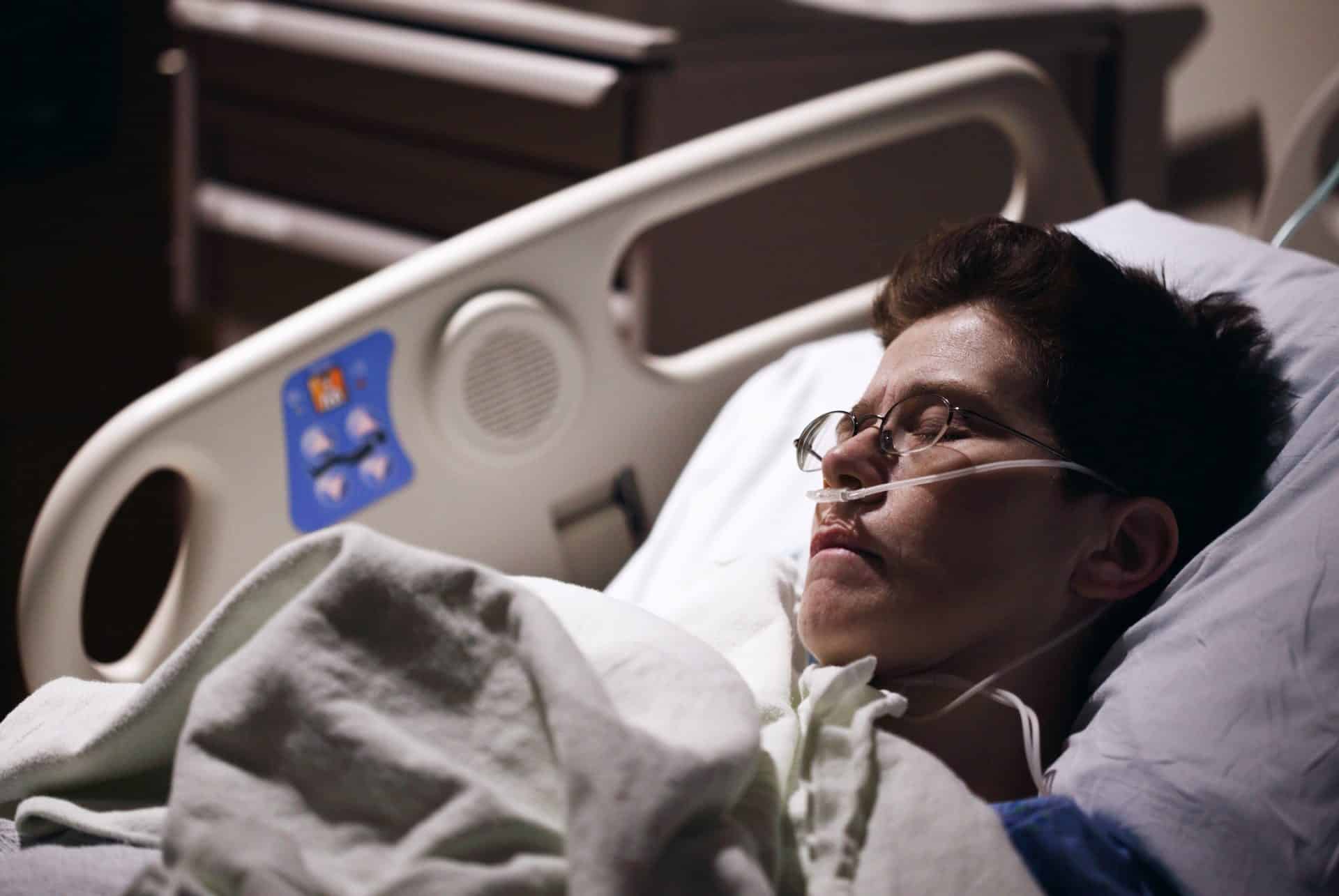Universal Healthcare Pros and Cons
by CAPP-USA

Let’s look at universal healthcare pros and cons from the perspective of Catholic social teaching.
What is Universal Healthcare?
With many definitions of “universal healthcare” available, we will treat it as synonymous with “national” or “nationalized” healthcare. It is healthcare provided by the government.
Is Healthcare a Right?
Let there be no confusion on the Church’s position: Healthcare is “the right to bodily integrity and to the means necessary for the proper development of life, particularly…medical care.” Therefore, a person “has the right to be looked after in the event of ill-health”. (Pope St. John XXIII, 11)
Health, is “a universal right which means that access to healthcare services cannot be a privilege.” (Pope Francis)
Universal Healthcare – The Pros
Catholic social teaching provides criteria for evaluating all social programs: the common good, which is “the sum total of social conditions which allow people, either as groups or as individuals, to reach their fulfillment more fully and more easily”. (Catechism of the Catholic Church, 1906)
Learn more about the common good
How the principles of Catholic social teaching might apply to health care include:
Human Dignity: Understanding “[T]he sick person is not a number” (Pope Francis)
Learn more about Human Dignity
Solidarity: “It is to be hoped that…compassion, solidarity, sharing, self-denial, giving freely, the gift of self — become the universal lexicon of those who work in the sector of health-care assistance.” (Pope Benedict XVI)
Promoters of universal healthcare cite its respect for human dignity by providing healthcare to all, regardless of age, sex, condition, etc.
It would also meet the requirements of solidarity since healthcare would be made available to all.
As for sustainability, government is not profit motivated – ensuring healthcare would not be under threat of ‘disappearing’.
Universal Healthcare – The Cons
“Health care strategies aimed at pursuing justice and the common good must be economically and ethically sustainable“. (Pope Francis)
It is “quite clear to all that the administration of public money imposes the serious duty of avoiding its waste and improper use so that available resources, administered wisely and equitably, will serve to ensure prevention of disease and care during illness for all who need them.” (Pope St. John Paul II, 4)
As to ethical sustainability, government healthcare could mandate certain objectionable practices such as abortion, gender reassignment and euthanasia. Human dignity, solidarity, and religious freedom cannot be upheld if such mandates are imposed. Both practitioners and patients would be put in morally compromising positions violating the key principle of human dignity and undermining true solidarity.
In the face of this, Christians must work “to ensure that the laws and institutions of the State in no way violate the right to life emphasizes the dignity of the human person”. (Pope St. John Paul II, 93)
So, overall, while the state should “help in the attainment of living-conditions that allow [citizens] to grow and reach maturity… [including] health care” (CCC, 2288), it should not inordinately increase “public agencies” and “spending”. (Pope St. John Paul II, 48)
Is Universal Healthcare Good or Bad?
“[T]he Church does not propose economic and political systems or programs, nor does she show preference for one or the other”. (Pope St. John Paul II, 41)
However, Catholic social teaching raises serious concerns which any health care scheme would have to address:
“[E]nsure that the laws and institutions of the State in no way violate the right to life emphasizes the dignity of the human person.” (Pope St. John Paul II, 93)
“A unique responsibility belongs to health-care personnel…Their profession calls for them to be guardians and servants of human life.” (Pope St. John Paul II, 89)
“Catholic healthcare institutions must not fall into the trap of simply running a business; they must be concerned with personal care more than profit. We know that health is relational, dependent on interaction with others, and requiring trust, friendship and solidarity. It is a treasure that can be enjoyed fully only when it is shared.” (Pope Francis)
The Overall Approach of the Church May Best Have Been Stated by Pope Francis
“Some people are born into economically stable families, receive a fine education, grow up well nourished, or naturally possess great talent. They will certainly not need a proactive state; they need only claim their freedom. Yet the same rule clearly does not apply to a disabled person, to someone born in dire poverty, to those lacking a good education and with little access to adequate health care.” (Fratelli Tutti, 109)
Read More About Universal Healthcare





